

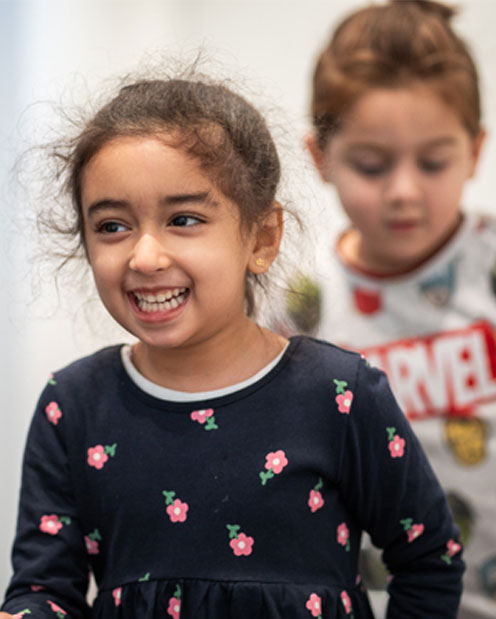

Lift Off Early Intervention is a registered NDIS provider offering specialised support for children with disability, autism spectrum disorder (ASD), developmental delay and other diverse needs. Early detection and intervention are critical to significantly reduce the impact of developmental delay, ASD, speech delay and other disorders.
Lift Off Early Intervention is a registered NDIS provider offering specialised support for children with disability, autism spectrum disorder (ASD), developmental delay and other diverse needs. Early detection and intervention are critical to significantly reduce the impact of developmental delay, ASD, speech delay and other disorders.


Our team of highly skilled professionals have over 50 years of experience working with children on the spectrum and other diverse needs.
Our multi-disciplinary early intervention service is dedicated to providing comprehensive support for every child.
The Early Start Denver Model (ESDM) is an evidence-based early intervention approach specifically designed for young children with autism spectrum disorder (ASD) aged 12 to 48 months.
Developmental Educators are multi-disciplinary disability specialists with expertise in fostering the skills, independence, and quality of life of individuals with developmental and/or acquired disabilities.
A Speech Pathologist can help infants, toddlers and young children by providing specialised therapies and interventions to improve communication skills, such as using visual aids and augmentative communication devices.
Paediatric Occupational Therapy or OT focuses on helping children of all ages with physical, sensory, or cognitive challenges be as independent as possible in all areas of their lives.
Early Intervention Positive Behaviour Support (PBS) is a proactive and evidence-based approach which aims to promote desirable behaviours by reducing challenging behaviours in young children…
Help your child with ASD to connect, communicate and learn like never before!
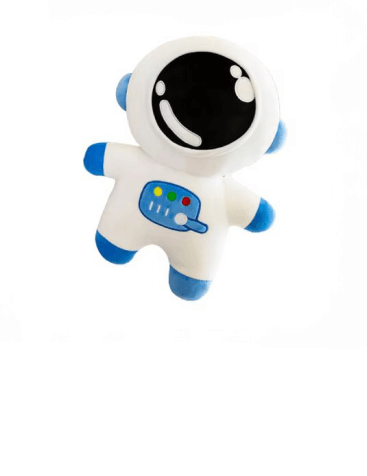

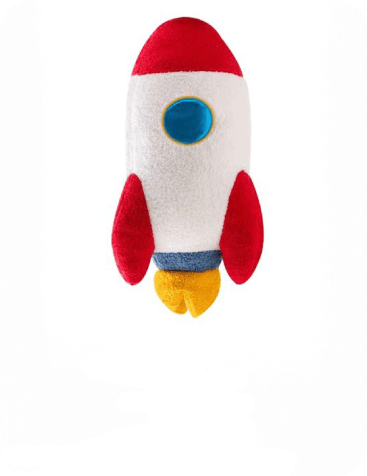






Our early intervention program follows the Early Start Denver Model, a holistic, evidence-based model. All our therapists are trained in the model and incorporate the principles into their session, whether accessing Speech Therapy, Occupational Therapy or Behaviour Therapy.
Each week, children participate in individual sessions with a Certified ESDM therapist, occupational therapist, speech pathologist, educators, or behaviour therapist dependant on the service your child accesses.












Our service is committed to collaborating with and empowering families by providing them with knowledge, resources, and support they need. We offer parent training, workshops, and support group to help families navigate the early intervention process.


Our son is always excited to go into a session with Voula and he always finishes his session with open arms and a smile from ear to ear. This truly makes our hearts sing and my husband and I can always feel at ease knowing that he is in safe hands. Voula’s knowledge and experience of being a mother herself has been refreshing and comforting while we try to navigate our therapy journey with our son. Voula has always been transparent with us which is something we so highly value. We are so blessed to have Voula help our son kick goals!
Melissa
Voula is one of the first therapists I turned to. From day one she has been very professional and extremely towards my child’s needs. Voula has always put in 100% effort in her work. She sincerely cares about her clients, and it really shines through when watching her work with my child. Voula has been so helpful in educating me in understanding my child’s needs better and helping me to fulfill his goals.
Sanaa
The whole team demonstrate exceptional professionalism, passion, consistency, hard work, patience, empathy, love and care. Therapy is thorough, with clear goals, insights into progress and how to tackle challenges. This place has truly empowered me as a mother to be able to face the day to day challenges with resilience and confidence and that in itself is invaluable.
Alana
Voula and her team are incredible. They are all extremely professional and their energy and passion towards ESDM therapy and what they do is inspirational. I have had the pleasure of working with many of the therapists over the course of the last three years. Each time I have walked away feeling very blessed and fortunate to have such exceptional therapists on my son’s team.
Elaine
Find out how we can support you and your child on a path to success. Contact us today to arrange an appointment with our team of early intervention specialists.
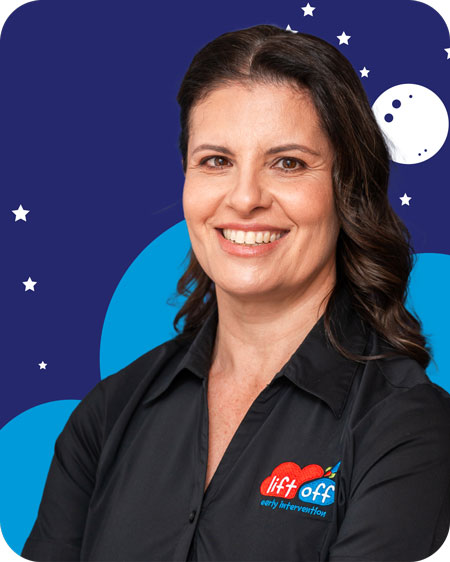
Voula is the Founder and Managing Director of Lift Off Early Intervention. She is a dedicated pioneer in the realm of special education. With over 25 years of unwavering commitment to nurturing and empowering children with diverse needs, she stands as a beacon of compassion and expertise. Through the years she has completed Bachelor of Teaching, Bachelor of Education, Master of Special Education, and a Master of Autism. While Voula holds her Certification as an ESDM therapist, she has ceased booking appointments to prioritise her involvement in Lift Off’s expansion, keynote speaking engagements, fostering innovation, and continuing her mission of positively influencing lives through various avenues.
Driven by a vision of creating a more inclusive society, Voula has established her own early intervention centre. With meticulous planning and unwavering determination, she founded Lift Off EI, dedicated to providing comprehensive support and resources to children with developmental delays and disabilities. Moreover, she holds the position of Board Advisory chair.
Voula’s unwavering dedication extends beyond the walls of her centre. She actively engages with the wider community, currently holding a Board position at The Embrace Kids Foundation. She has also founded Mums Matter, a movement dedicated to the empowerment, value, and connection of mothers around the world, with a special focus on those navigating challenges. Her journey is not merely about accolades or accomplishments but about the countless lives positively impacted and transformed along the way.
Voula is a passionate keynote speaker who delivers content pertinent to her expertise to deliver the message around inclusivity, interactions, embracing and overcoming challenges.
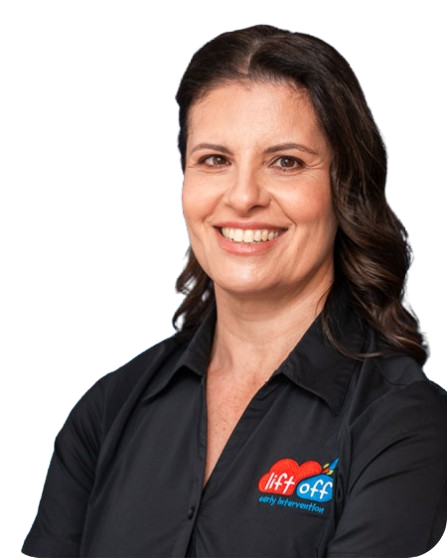


20+ years growing and coaching businesses across Australia, Asia, Germany, the USA and Singapore, from start-ups, to SMEs, corporates and multinationals, listed and unlisted, government and private.
Leadership experience spans Strategy, Sales and Marketing, Retail Operations, International Expansions, Management, HR, to Technology and Systems and Transformations.
Industry experience spans Print, Packaging, Media, Retail to Banking, Consulting, to Manufacturing. Possesses advanced product/service knowledge relating to Printing, Consulting Programs, Retail Equipment and solutions, to Leadership Development, Executive Coaching, and Mentoring.
Renowned by industry and peers for passionate, inspirational and inclusive leadership, and depth of management experience. Recognised by Boards for strategic prowess in developing business plans, business models and product/service offerings, for exemplary execution to plan and strategic management of stakeholders and customers.
Partners with CEO/Boards in building brands, outwitting competitors, to opening and dominating new markets.
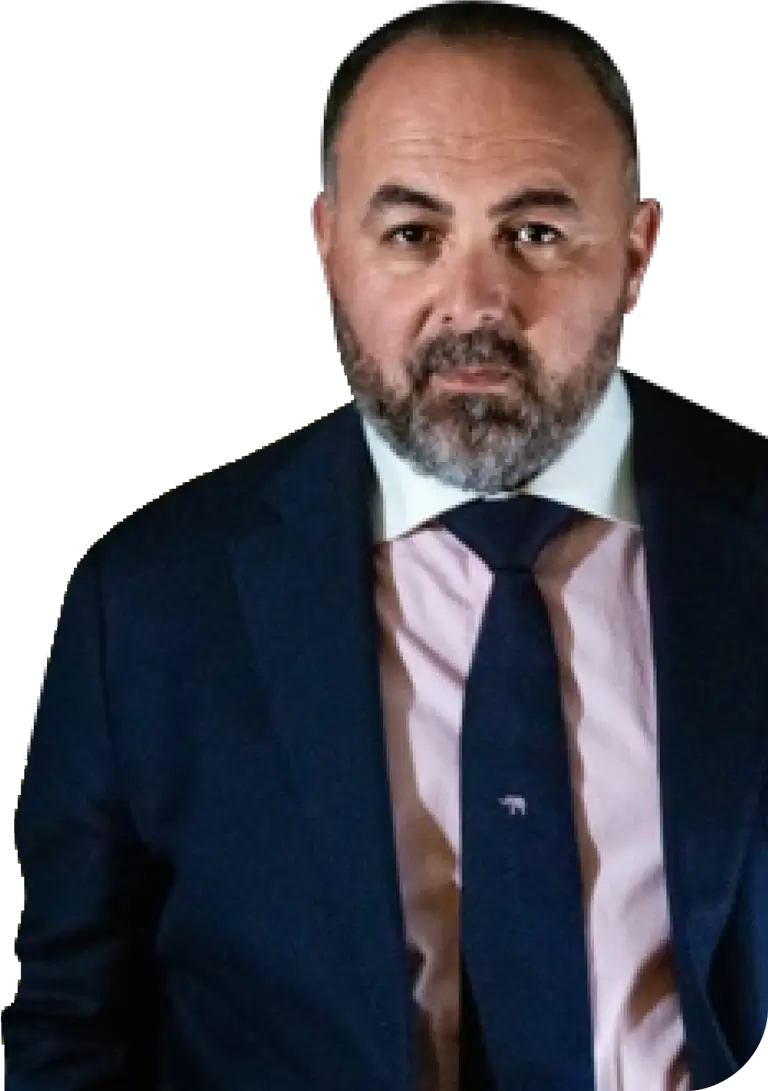

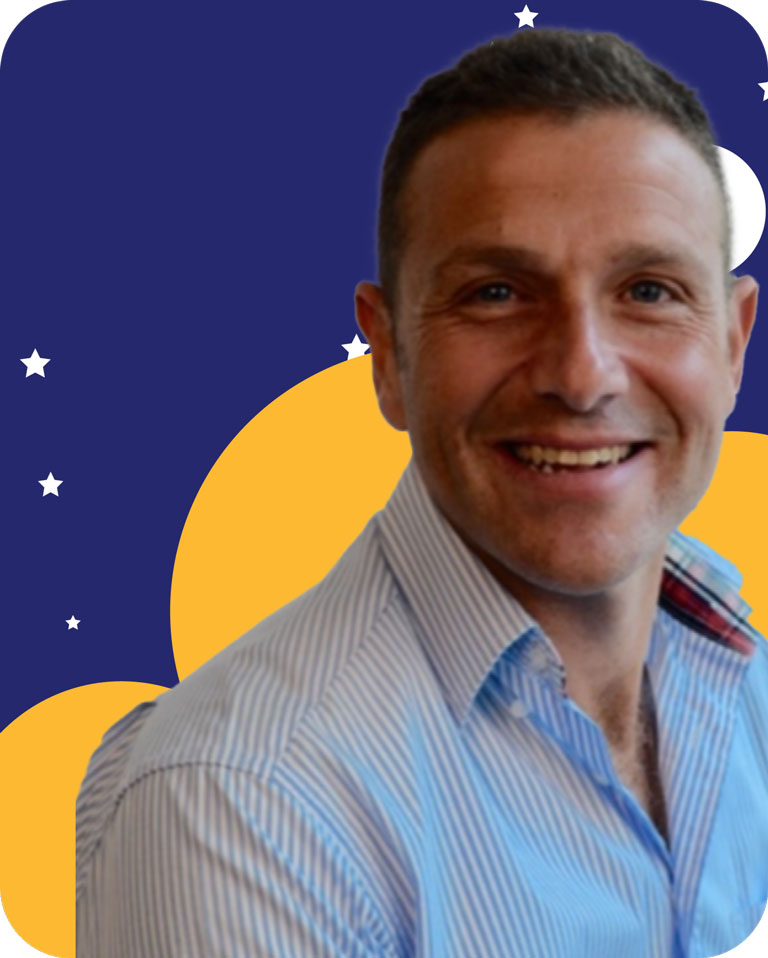
Peter contributes a rich perspective to boardroom discussions, drawing from his extensive expertise in the property and construction markets, cultivated over two decades as the founder and managing director of a leading construction services firm.
Currently, he serves as chairperson of the board at Structum Pty Ltd and holds board positions at Atlas Investment Corporation and 1v1 Gamefight. Additionally, he dedicated eight years to the Property Advisory Group of not-for-profit organisation YWCA NSW, five of which he led as chairperson.
His professional journey encompasses ventures in startups, private companies, and the not-for-profit sector. Peter serves as a dedicated mentor and advisor, leveraging his broad experience to collaborate effectively with fellow board members, offering incisive questions and strategic insights to drive success.
He earned a Bachelor of Engineering Degree from the University of Sydney. Born in Australia from a migrant family of the 1960’s European Diaspora, he currently resides in Sydney with his wife and three teenage children.
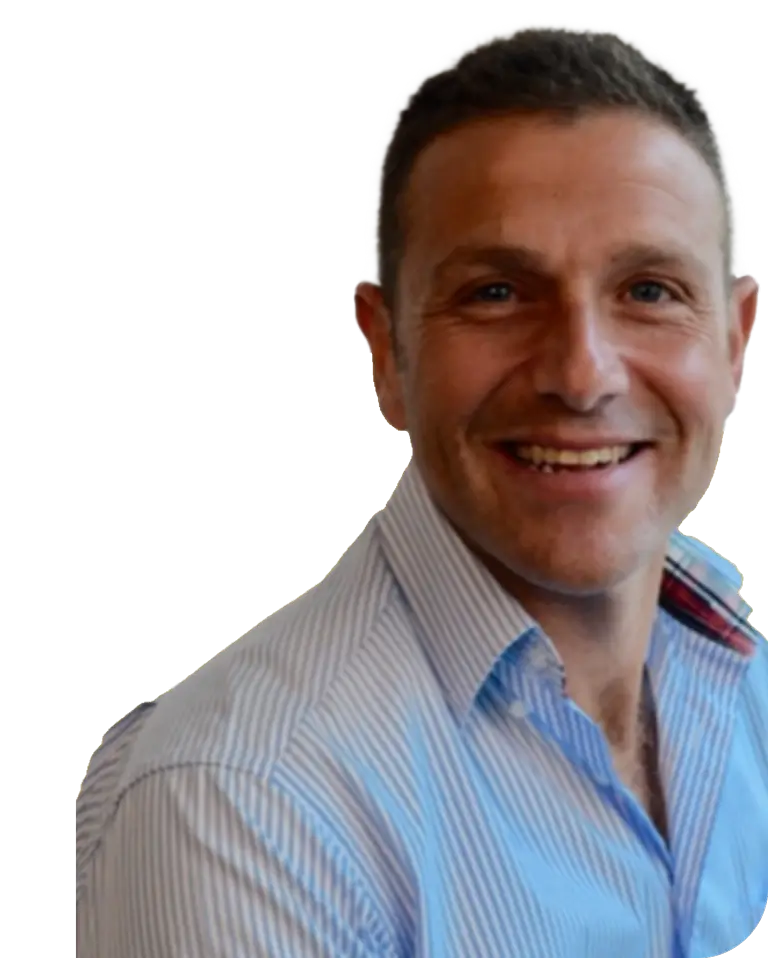

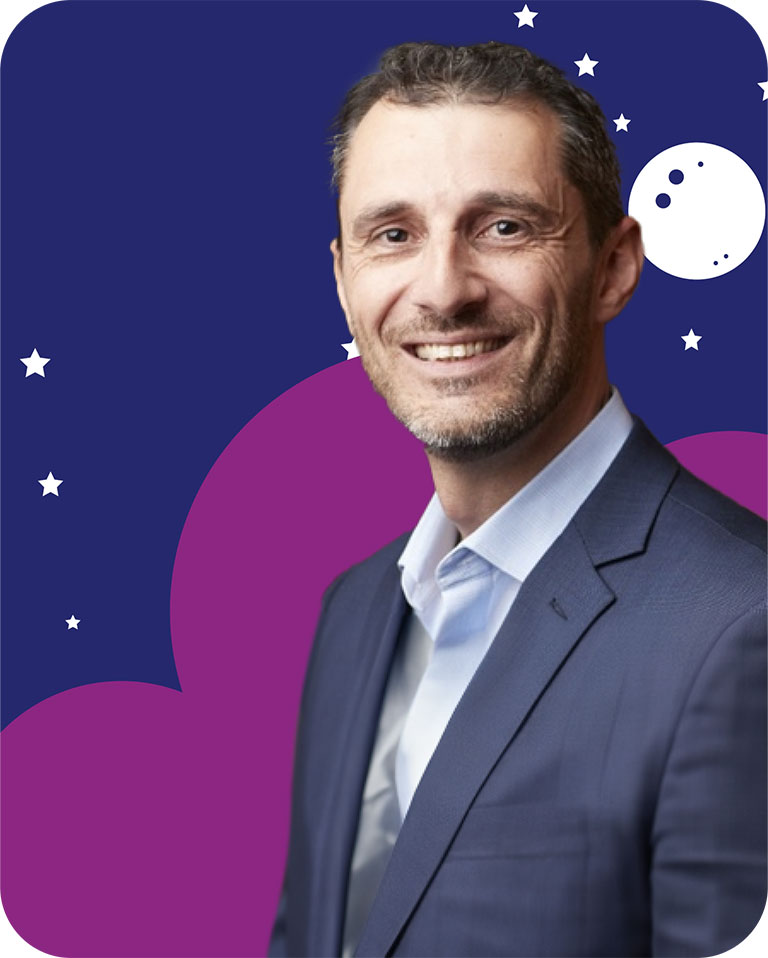
As an Entrepreneurial Leader with a strong and proven background of innovative transformation across a number of Financial Services organisations, Chris has over 25 years leading global technology teams working across senior leadership roles including at the C-Suite level.
Beyond Chris’ leadership roles in Barclays Global Investors, Blackrock, Macquarie Bank, Challenger and Cuscal, Chris also served on the SWIFT User Group of Australia, and Chaired the FSC Technology and Innovation Expert Group.
Recently, Chris has taken up a board seat for an innovative technology start up company, GameFight, and has advised other boards with their business strategies. Having joined the board of Lift Off Early Intervention in 2024, Chris is excited to join Voula and the leadership group in guiding the strategy for such an inspiring and purposeful business
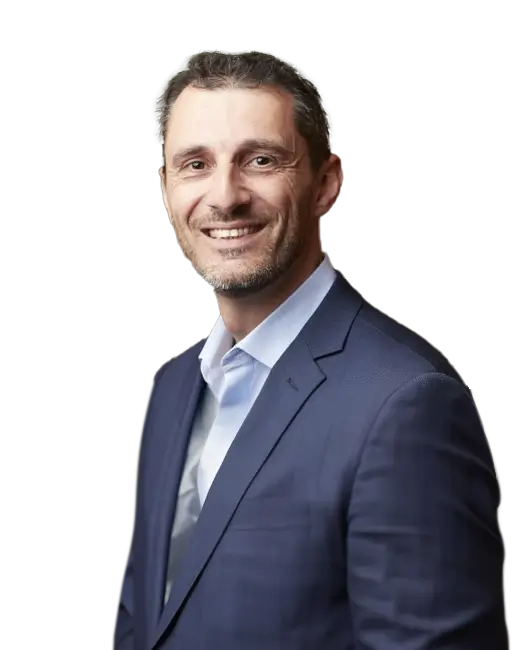

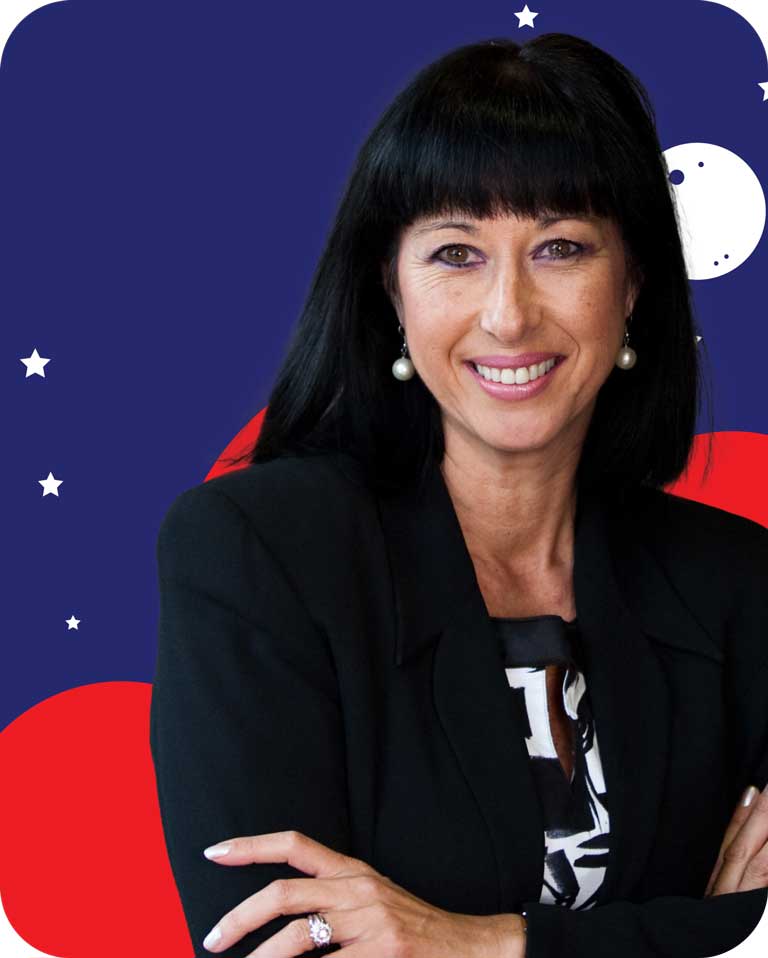
During the first 20 years of her career, Kate worked in senior leadership roles in the Australian and Asia Pacific region including positions with Citibank, ANZ Banking Group and Commonwealth Bank generating revenue and building business relationships.
In 2001 she joined the Not for Profit industry as Head of Fundraising at The Smith Family, CEO/Executive Director at YWCA NSW and CEO at Learning Links. She was also on the National Board of Big Brothers Big Sisters Australia for 5 years.
During 2015/6 she travelled extensively throughout the world and when she returned, she shared her experience volunteering and coaching MBA students at UTS and senior women in banks and NFP organisations.
In 2016 she formalised her consulting business, joining Active Directions, a niche consulting company, offering practical and pragmatic support to businesses at every stage of their development, delivering effective strategies focused on growth, operational improvement and investor readiness.
There she focussed on supporting the MD and developing the business consultants as well as undertaking commercial consulting projects specialising in Indigenous and NDIS focussed Not for Profit organisations.
Whilst Kate is now semi-retired, she continues to be passionate about transformational and organisational change management, relationship building, and revenue generation to support increased returns on economic, human and social investment. She has a personal focus on and involvement with the theory and practice of supporting young people and their education focussing on early intervention and lifelong learning.
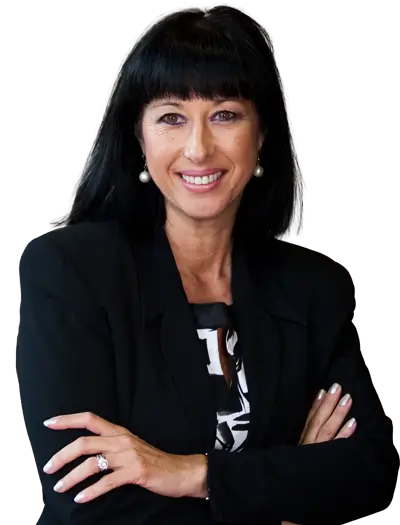

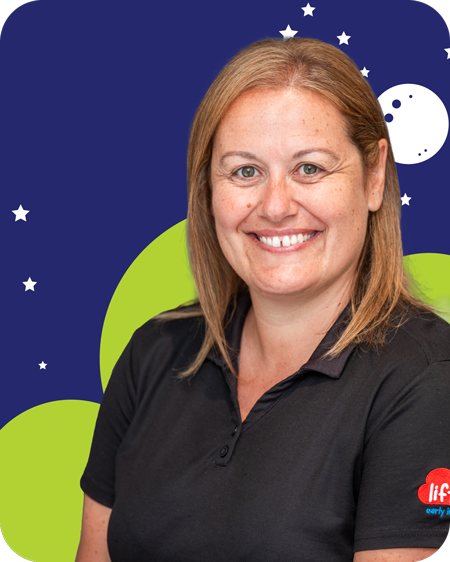
After sixteen years as a dedicated primary school teacher with an interest in behaviour, Veta joined Lift Off EI and trained in the ESDM through to Certification at the University of Wollongong.
She is passionate about making a difference in children’s lives and creating a positive and empowering environment for all families at Lift Off EI. Veta is part of the management team and is Lift Off EI’s second in charge. She is friendly, innovative, funny and a problem-solver.
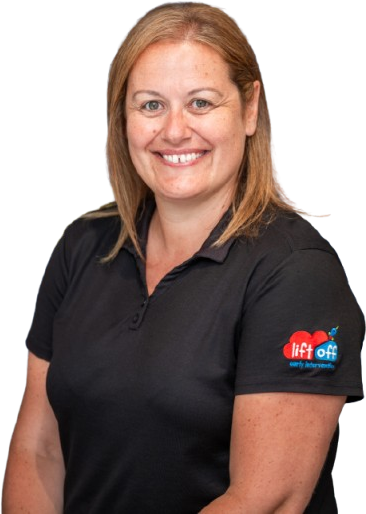

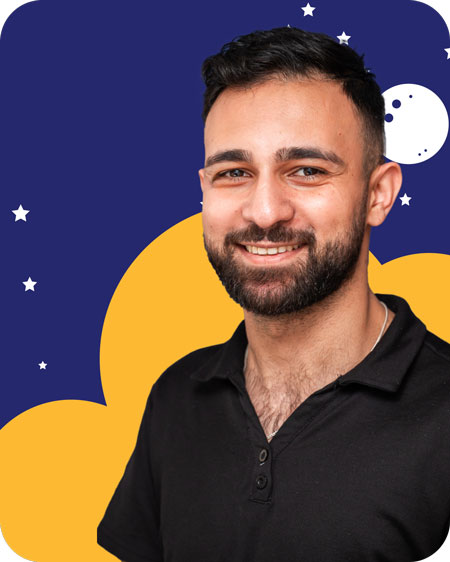
Studying a Bachelor of Arts/Bachelor of Teaching (Humanities) and ESDM trained through the University of Wollongong. He is passionate about making a positive contribution in people’s lives.
He has previously worked as a teacher and a support worker assisting young children and youth with diverse needs. Issa is fluent in both Arabic and English and keeps busy outside of work as a member of a choir and singing classic Arabic songs.
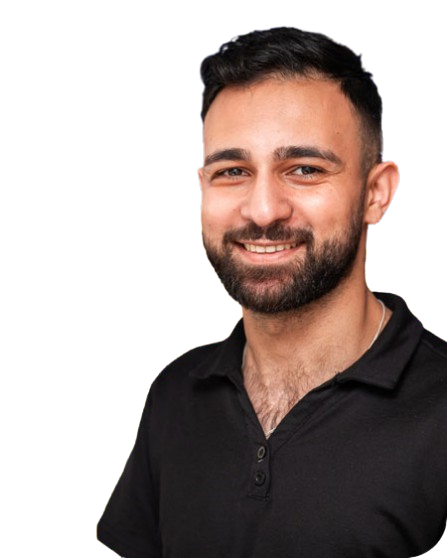

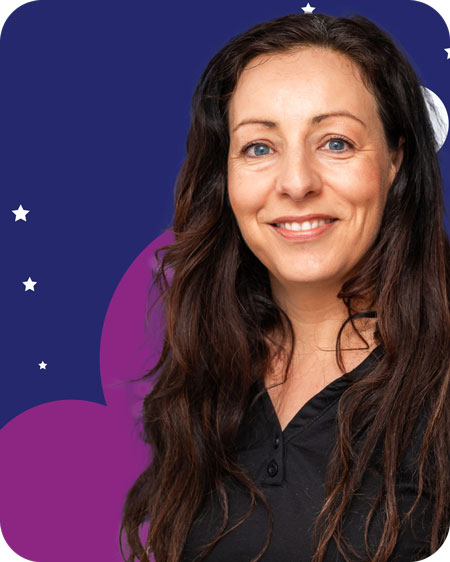
With over twenty years of dedicated experience as an educator, Irena has passionately focused on catering to the unique needs of students with special needs. She has worked in mainstream classrooms and in the support unit as a teacher and Assistant Principal.
Armed with a Bachelor of Education and a Master of Education from the University of Sydney, and ESDM trained at the University of Wollongong, she brings a wealth of knowledge and expertise to the realm of early intervention therapy for children with autism and special needs.
Committed to fostering positive transformations, she is enthusiastic about utilising her educational background and hands-on experience to make a meaningful impact on the lives of children and their families. She is passionate about unlocking the potential of every child by providing a nurturing and caring environment where children love to learn, play, and grow.
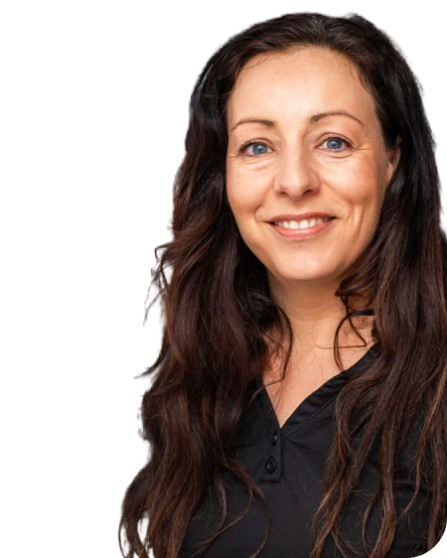

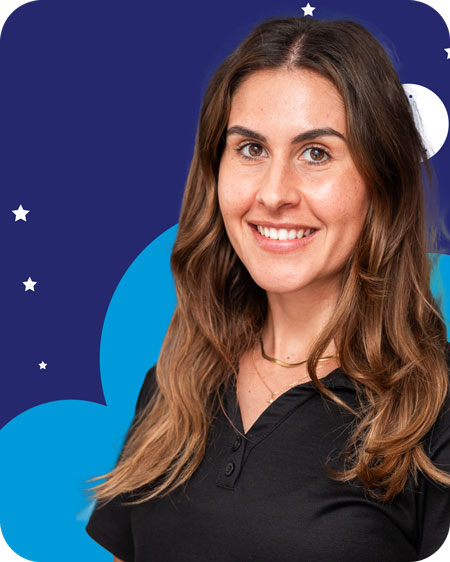
After starting her career at the airport, where she honed essential customer service skills in a dynamic environment, Angel ventured into various administrative and coordination roles within the construction and banking sectors, each offering unique lessons. Additionally, she spent time in childcare, fostering her nurturing side.
Angel’s lifelong dedication to sports, particularly soccer, instilled in her a deep appreciation for teamwork.
After joining the Lift Off Team, she has found immense fulfillment in working with families and children, supported by a passionate team.
Working as an all-rounder, you’ll find Angel smiling at the reception desk, a friendly voice over the phone, running our social media accounts and as a supporting therapist during rocketeer sessions.
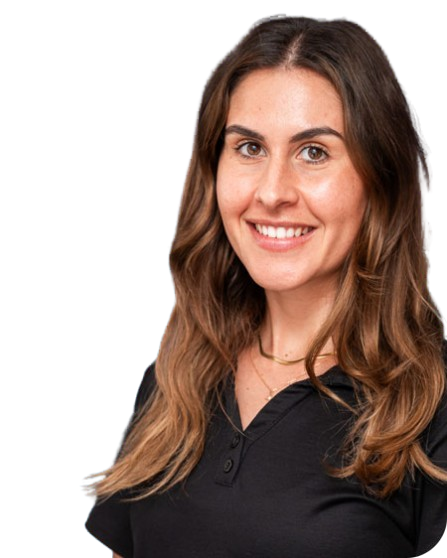

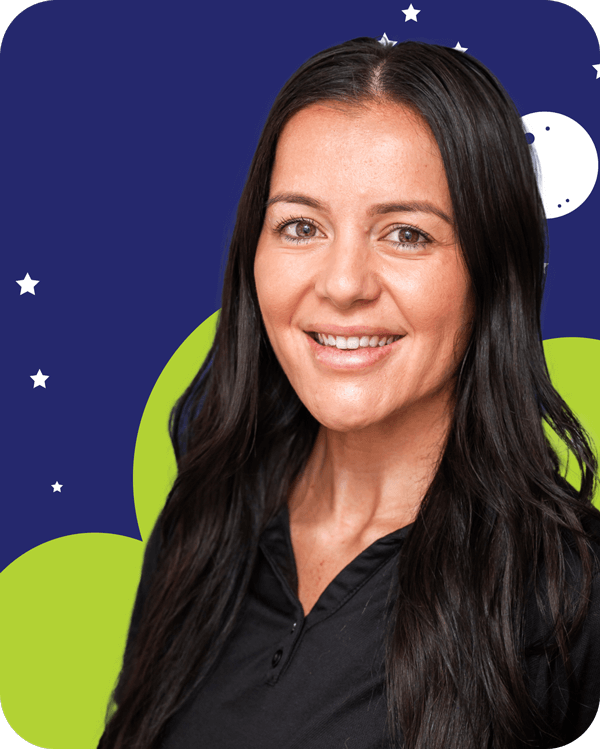
With over a decade of experience in early childhood education, Kristina has seamlessly transitioned her love and care for children into the early intervention field, discovering a profound passion along the way. Holding a Bachelor of Education, she is currently advancing her expertise at the University of Wollongong, training in the Early Start Denver Model (ESDM) to better support families and children with Autism and special needs.
Kristina is dedicated to building strong, meaningful relationships with both families and children. Her commitment to fostering these connections shines through in her daily interactions, making a positive impact every single day.
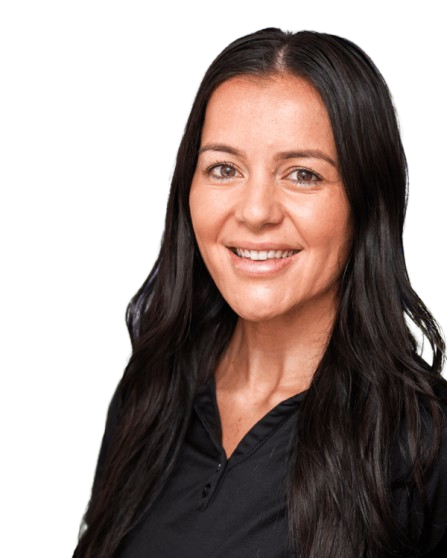


With over seven years of experience managing in General Practice, Maria has had the opportunity to oversee the operations of three busy clinics, where she was responsible for coordinating teams that included General Practitioners (GPs), Specialists, Allied Health Professionals, Nursing staff, and Administration teams. Maria’s role not only focused on the operational side of things but also allowed her to build personal, lasting relationships with the families they served. The connections Maria with these families were incredibly fulfilling, and over time, she realised her passion for working with children and making a meaningful impact on their lives.
This realisation led Maria to pursue a career in early intervention, and we are thrilled that she is now working at Lift Off Early Intervention, where Maria can contribute to the development and support of children in the current Early Start Denver Model (ESDM) setting. When not at work, Maria enjoys spending her time with loved ones. She is an avid fan of the beach and cherishes camping trips with her family. Staying active is also important to Maria and she makes time for regular gym sessions and enjoys nature walks with her dogs.
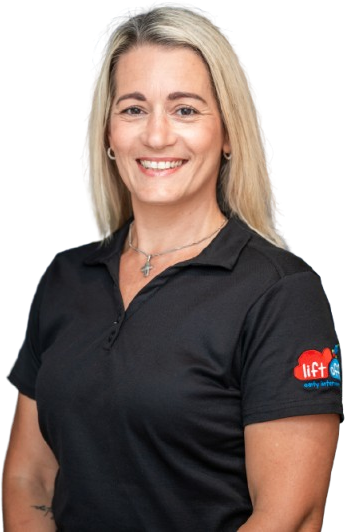

The Early Start Denver Model (ESDM) is an evidence-based early intervention approach specifically designed for young children with autism spectrum disorder (ASD) aged 12 to 48 months. Developed by Dr. Sally Rogers and Dr. Geraldine Dawson, the ESDM is a holistic therapy that integrates developmental and relationship-based approaches to foster communication, social skills, and cognitive development in young children. ESDM is designed to be flexible and can be delivered in various settings. The ultimate aim is to improve the developmental trajectory of young children with autism, promoting their ability to communicate, learn, and engage socially.
ESDM targets a wide range of developmental domains, including language, social skills, imitation, motor skills, and adaptive behaviour.
The model emphasises naturalistic and play-based interactions to create engaging and enjoyable learning experiences. The goal is to build positive relationships between the child and their caregivers or therapists.
ESDM uses a developmental curriculum tailored to each child’s unique strengths and needs. Goals are set based on the child’s current developmental level and progress is continually monitored and adjusted.
Parents and caregivers are considered essential partners in the intervention. ESDM includes training and support for families to implement strategies in daily routines and activities.
ESDM focuses on teaching skills in the context of everyday activities, making learning relevant and meaningful for the child.
Research studies have shown that children receiving ESDM interventions demonstrate significant improvements in cognitive abilities, language skills, and adaptive behaviour compared to children receiving other types of interventions.
We assess children first using the ESDM Curriculum Checklist for Young Children with Autism. This is a comprehensive play based developmental checklist that is used for the purpose of assessing the child’s current skill level and formulating 2-3 objectives from each developmental domain for a termly 10-week intervention program, to target developmental gaps.
Development of individualised goals based on the assessment in collaboration with parents/caregivers.
Regular sessions with trained therapists, incorporating play-based activities and naturalistic teaching strategies.
Developmental Educators are multi-disciplinary disability specialists with expertise in fostering the skills, independence, and quality of life of individuals with developmental and/or acquired disabilities. As allied health professionals, Developmental Educators have a practical approach and work holistically across the life span to address issues which may affect the function, independence, and social inclusion of individuals with disability, their families, and carers.
Developmental Educators implement and develop methodologies that enable the application of effective strategies to support the individual developmental learning goals of people who experience challenges such as acquired brain injury, physical and neurological disabilities, autism spectrum disorders, intellectual disability, and other disabilities. Developmental Educators also work closely with families and caregivers, and other allied health professionals who may be involved in the support of an individual.
A Speech Pathologist can help infants, toddlers and young children by providing specialised therapies and interventions to improve communication skills, such as using visual aids and augmentative communication devices.
They can also work on improving social skills, such as initiating and maintaining conversations, and addressing any feeding or swallowing difficulties. Through individualised treatment plans, a Speech Pathologist can help children improve their overall communication abilities and quality of life.
Paediatric Occupational Therapy or OT focuses on helping children of all ages with physical, sensory, or cognitive challenges be as independent as possible in all areas of their lives.
As mentioned previously the word ‘occupation’ can be a little misleading, and perhaps even align with something that is just for adults. After all, children do not have occupations. But a child’s main ‘job’ is playing and learning. Occupational therapists can evaluate your child’s skills in a variety of areas that include play, school performance, and other daily activities.
Through a variety of play-based activities, an occupational therapist can assess and provide therapy for the component areas in the performance of daily activities:
Early Intervention Positive Behaviour Support (PBS) is a proactive and evidence-based approach which aims to promote desirable behaviours by reducing challenging behaviours in young children through consultation with the person their carers, families, and other support systems.
In early intervention PBS, strategies typically involve functional behaviour assessments (FBAs) to understand the underlying causes of challenging behaviours, followed by the development of behaviour support plans (BSPs) that outline proactive strategies, teaching alternatives, and reinforcement strategies to promote desired behaviours. The goal is to create supportive environments that foster positive behaviour change, enhance social skills, and improve overall quality of life for individuals and their families.
Our Positive Behaviour Support service aims to reduce challenging behaviours by:
Help your child with ASD to connect, communicate and learn like never before!
Focused on daily routines and play, the Early Start Denver Model (ESDM) integrates both behavioural and developmental principles to empower children with ASD to become active participants in the world around them.
Research has found that ESDM can significantly improve cognitive and social and communication skills in children with ASD, as well as reducing maladaptive behaviours.